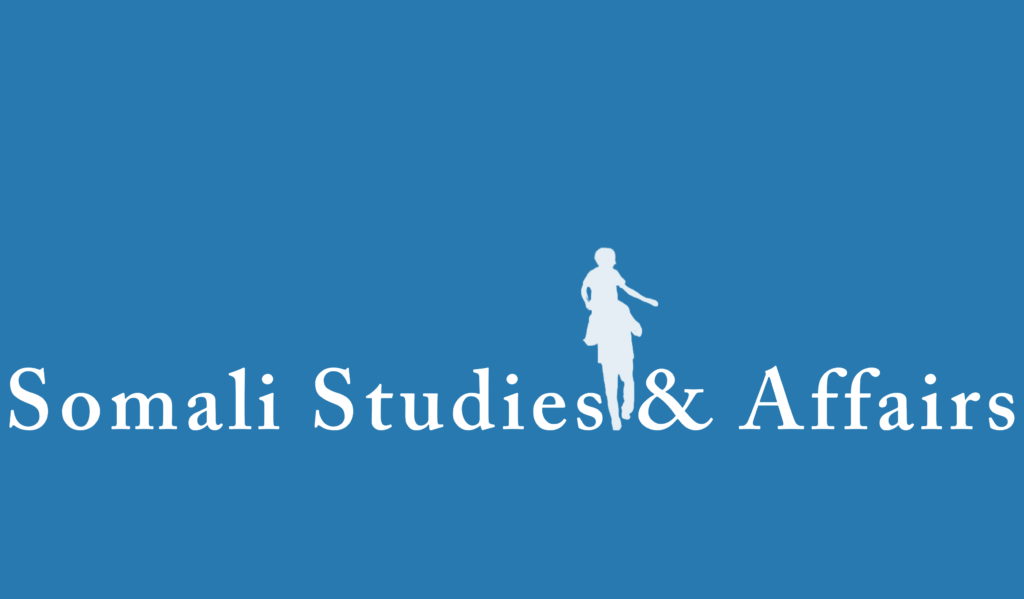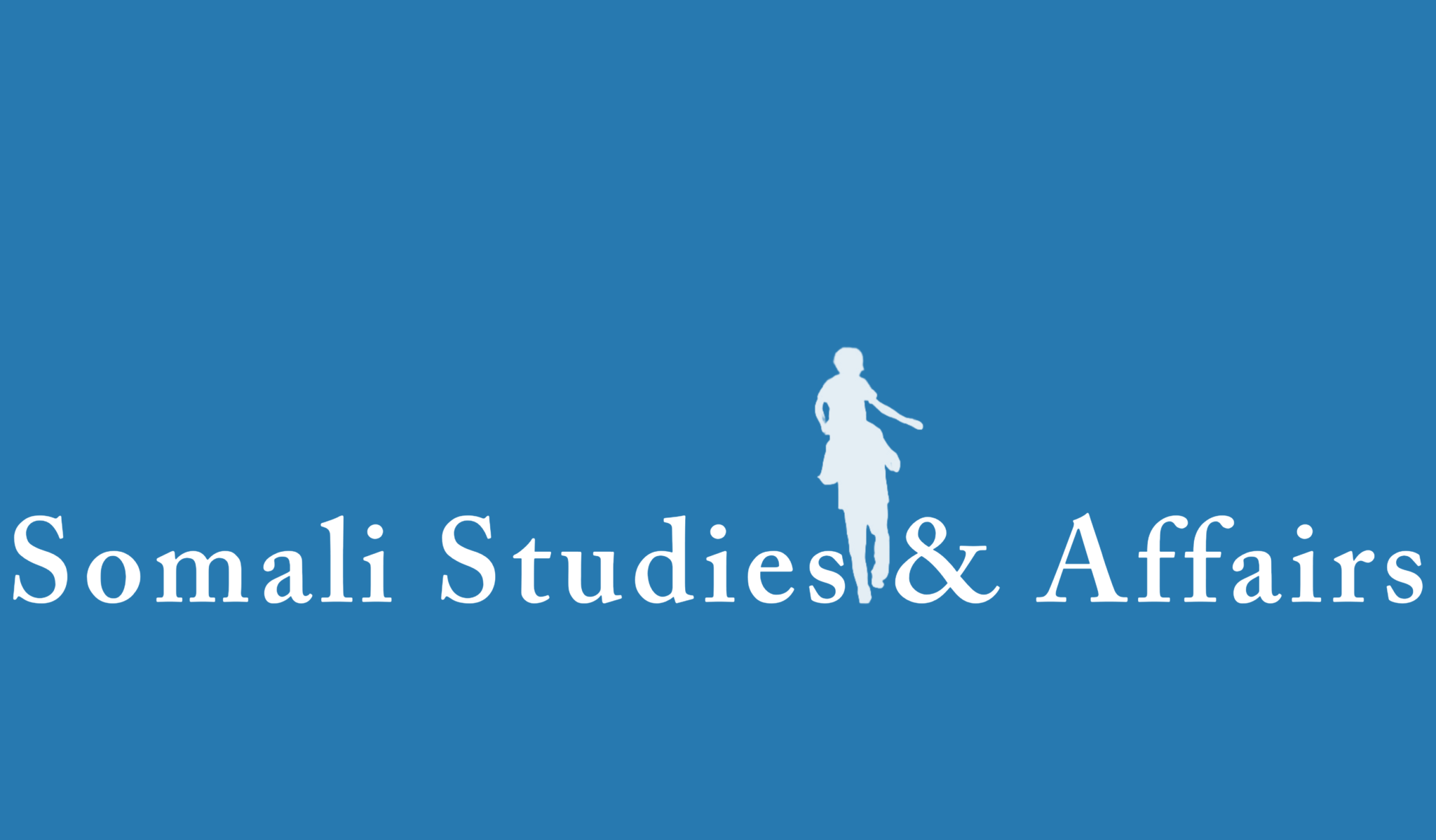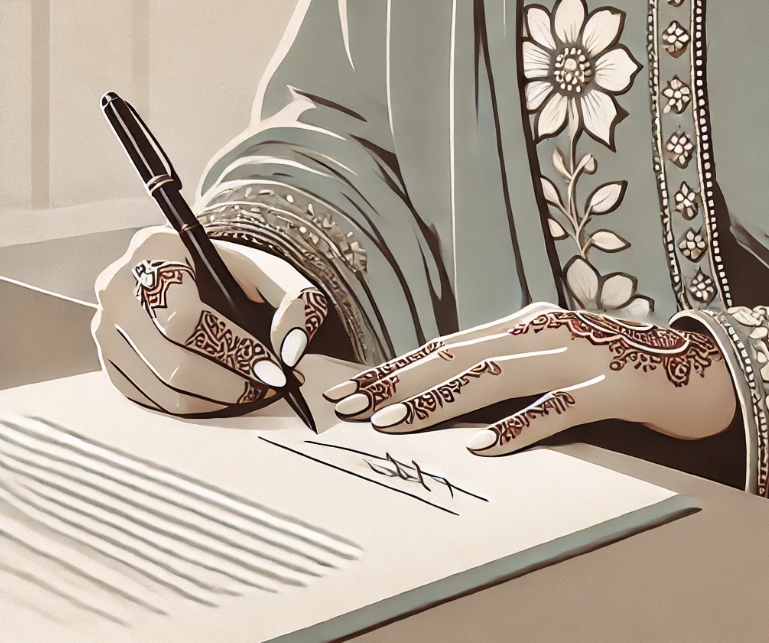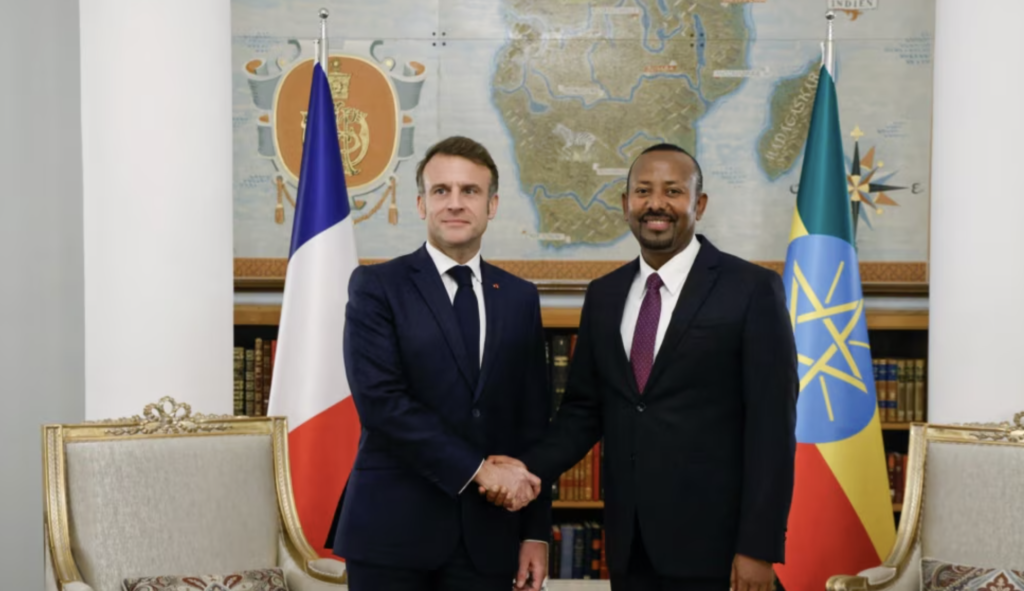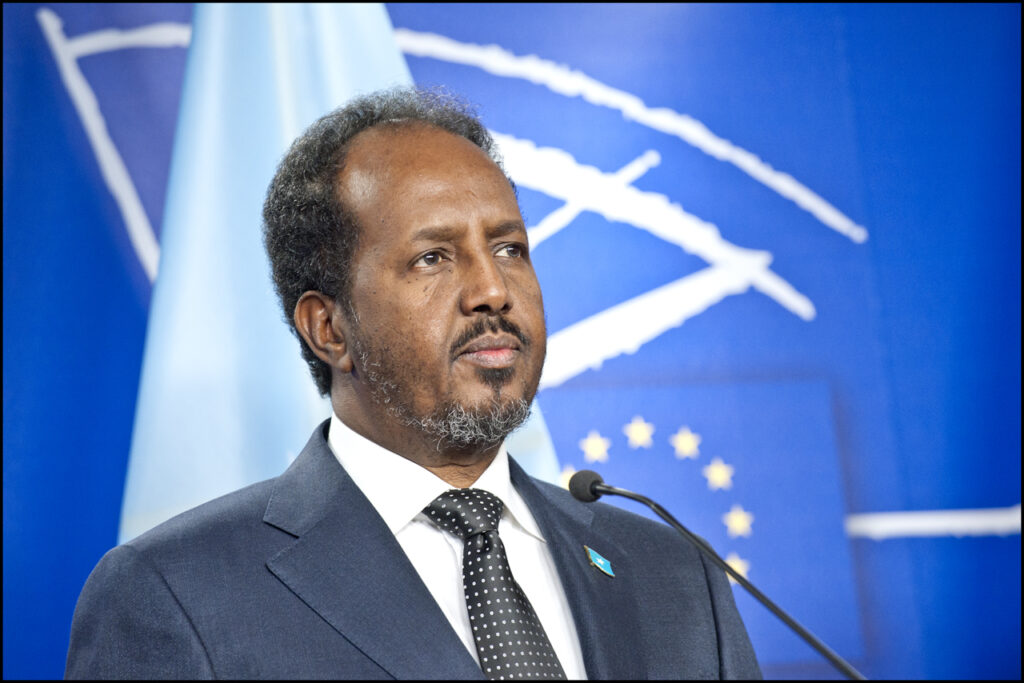Introduction
Marriage, frequently alluded to as the foundation of society, is an ageless institution that transcends cultural, religious, and geographical boundaries. It is an untouchable bond between two people, symbolizing love, commitment, and partnership. While the concept of marriage has evolved over time, its centrality remains enduring in shaping families, communities, and societies. Our Somali community has been declining in terms of high divorce rates, and many people are choosing to remain single. In this article, we delve into the significant centrality of the institution of marriage, exploring its historical roots, societal impact, and enduring relevance in the modern world.
Historical Roots
The institution of marriage traces its roots back to ancient civilizations, where it served as a means of formalizing alliances, consolidating wealth, and ensuring the continuity of family lineages. Throughout history, marriage has been deeply intertwined with social, religious, and legal traditions, reflecting the values and norms of the societies in which it exists. While the specific traditions and customs surrounding marriage may vary, its primary purpose remains consistent: to unite two people in a lifelong partnership based on mutual love, respect, and commitment.
Societal Impact
Marriage plays a significant role in shaping the fabric of society, providing stability, structure, and support for individuals and families. Research has consistently shown that married couples tend to enjoy greater emotional well-being, financial security, and overall satisfaction with life compared to their single counterparts. Furthermore, children raised in stable, two-parent households are more likely to thrive academically, socially, and emotionally. By promoting family cohesion and intergenerational bonds, marriage contributes to the social and economic vitality of communities and nations. In Islam, it is called Nikah, a contract exclusively between a man and woman. It is considered integral to a religiously valid Islamic marriage and outlines the rights and responsibilities of the groom and bride.
Emotional Fulfillment
At its core, marriage is a deeply personal and intimate union between two individuals who choose to travel through life together. It provides a framework for emotional intimacy, companionship, and personal growth, allowing individuals to share their joys, sorrows, and aspirations with a trusted partner. The emotional support and validation offered within the context of marriage can strengthen self-esteem, resilience, and overall mental well-being. Through the ups and downs of life, couples navigate challenges together, drawing strength from their shared bond and commitment to each other’s happiness.
Legal Assurances and Responsibilities
Marriage carries with it a range of legal rights, protections, and responsibilities that bestow various benefits to couples and their families. From inheritance rights and access to healthcare benefits to decision-making authority in times of illness or incapacity, marriage provides a framework for ensuring the well-being and security of spouses and their dependents. Furthermore, marriage serves as a legal contract that governs issues such as property ownership, debt, and spousal support, offering clarity and security in matters of finance and property.
Challenges and Evolution
While the institution of marriage has endured for millennia, it is not immune to the forces of change and adaptation. In recent decades, shifting social norms, economic realities, and cultural attitudes have led to new forms of partnership and family structures. The rise of cohabitation and non-traditional arrangements reflects the evolving nature of intimate relationships in the modern era. Despite these changes, the core principles of love, commitment, and mutual respect remain central to the concept of marriage, transcending traditional boundaries and embracing diversity.
Conclusion
In conclusion, marriage is more than just a legal or social contract; it is a sacred bond that unites individuals in a lifelong journey of love, companionship, and growth. From its ancient roots to its enduring relevance in the modern world, marriage continues to shape the lives of individuals, families, and communities in significant ways. As we navigate the complexities of modern life, it is essential to recognize and cherish the institution of marriage for its role in fostering emotional fulfillment, social cohesion, and personal flourishing. In honoring the sacred bond of marriage, we honor the timeless values of love, commitment, and partnership that enrich our lives and elevate our humanity.
